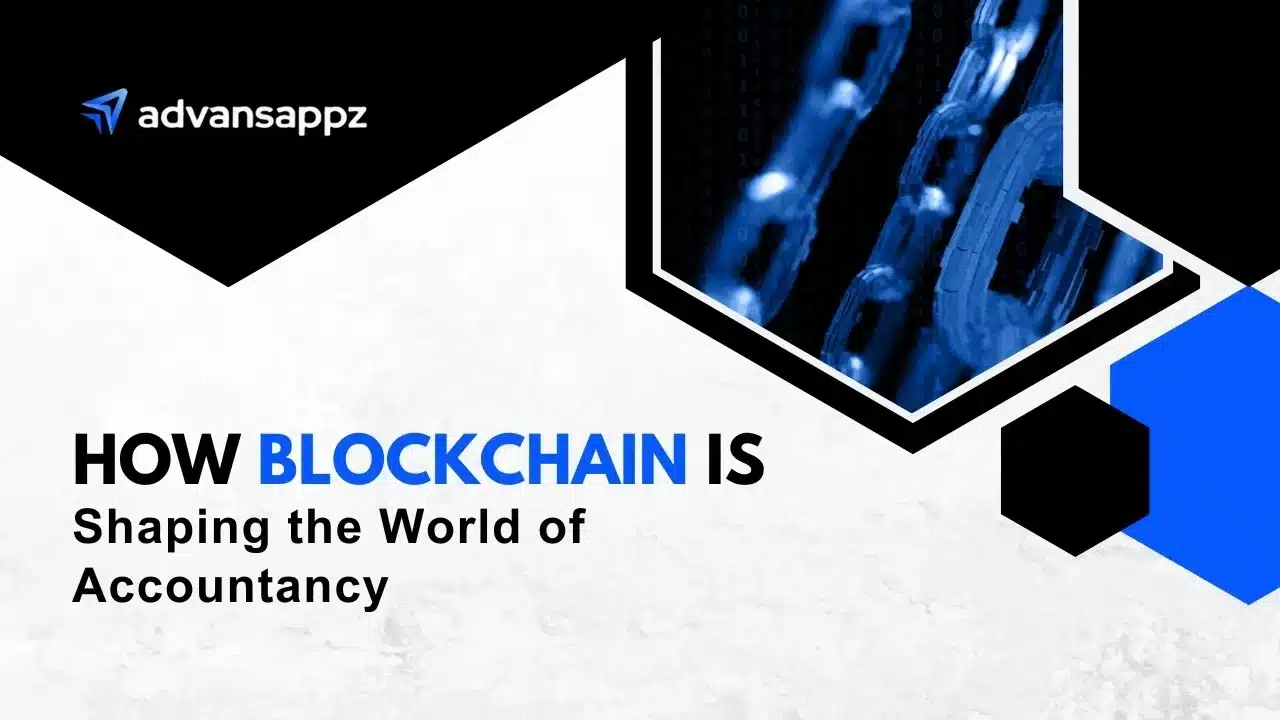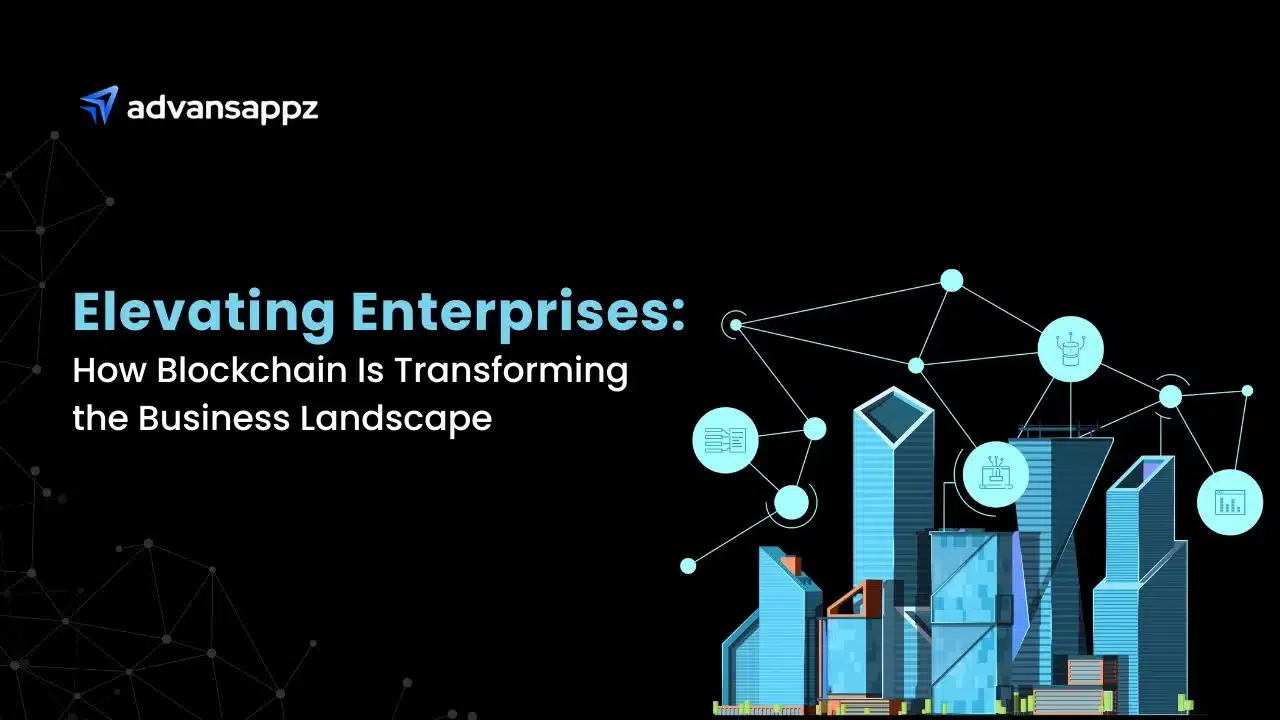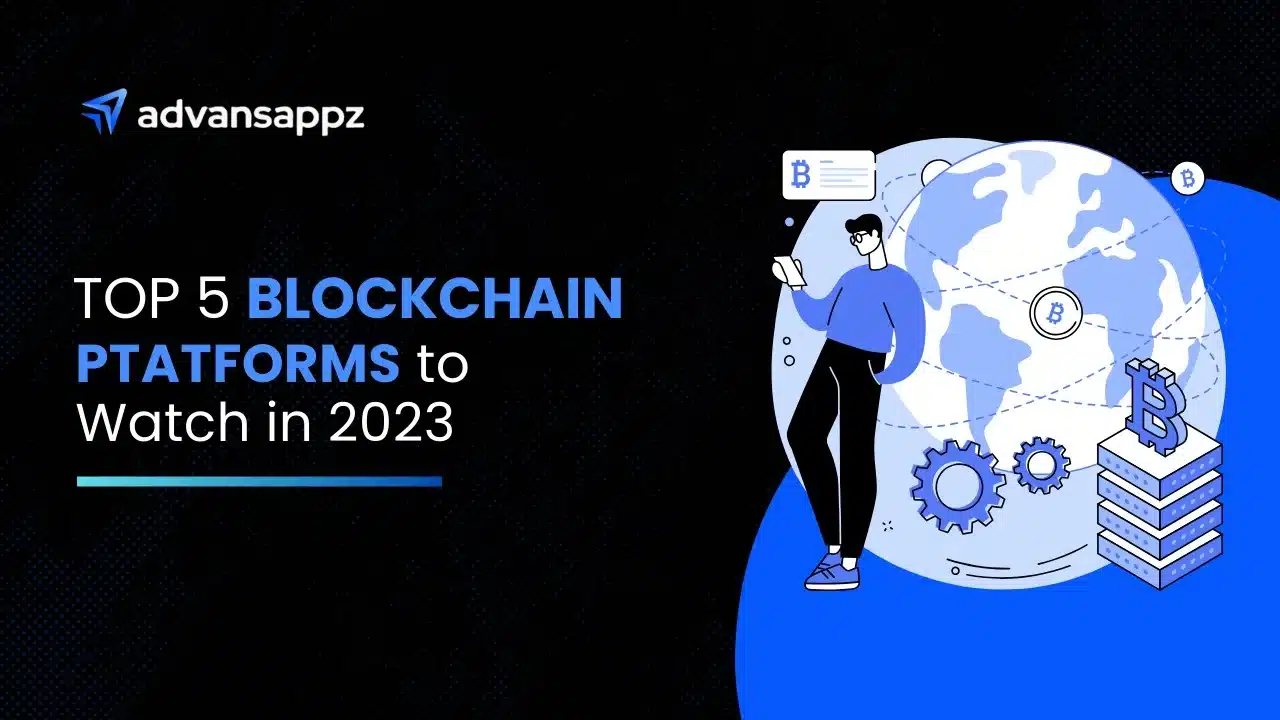Blockchain
Grow your business with Custom Blockchain Solutions
advansappz offers a comprehensive range of Blockhain consulting services to promote business growth. Our blockchain development services provide clients with customized blockchain solutions designed to enhance their operations and meet their specific business requirements.

Unleashing the Full Potential of Blockchain Technology
Our blockchain consulting services are designed to help businesses understand the potential of blockchain technology and develop strategies that will allow them to leverage its benefits fully. Whether you need assistance with a blockchain approach, blockchain inspection, or blockchain protection, our team of experts can help.
01
Blockchain Approach
Our blockchain approach services help businesses understand the potential of blockchain technology and develop a strategy that is tailored to their specific needs. We can assist you in identifying areas where blockchain technology can help improve your operations and help you develop a roadmap for implementation.
02
Blockchain Inspection
Our blockchain inspection services help businesses assess the security and performance of their existing blockchain systems. We can help you identify vulnerabilities, optimize your system, and ensure that it complies with all relevant regulations.
03
Blockchain Protection
Our blockchain protection services help businesses protect their blockchain systems from cyber threats and ensure they remain secure at all times. Whether you need assistance with encryption, firewalls, or access controls, our team of experts can help.
Frequently Asked Questions
Do you have additional questions?
A blockchain is a decentralized and distributed digital ledger that records and verifies transactions across multiple computers or nodes in a network. It is essentially a chain of blocks, where each block contains a list of transactions. Unlike traditional centralized systems, a blockchain does not rely on a single authority or intermediary to validate transactions. Instead, it uses consensus mechanisms to ensure trust and transparency among participants.
Decentralization: A blockchain operates on a peer-to-peer network where multiple participants maintain a copy of the entire blockchain, eliminating the need for a central authority.
Immutable and Transparent: Once a transaction is added to the blockchain, it becomes a permanent record that cannot be altered or tampered with. The transparency of the blockchain allows participants to view and verify all transactions.
Cryptographic Security: Transactions on a blockchain are secured through cryptographic algorithms. Each block contains a unique identifier, or hash, generated based on the data within the block. This ensures the integrity and immutability of the blockchain.
Consensus Mechanisms: Blockchain networks utilize consensus mechanisms to agree on the validity of transactions and the order in which they are added to the blockchain. Popular consensus mechanisms include Proof of Work (PoW) and Proof of Stake (PoS).
Smart Contracts: Smart contracts are self-executing contracts with predefined rules and conditions. They are programmed onto the blockchain and automatically execute when the specified conditions are met, enabling the automation and enforcement of agreements.
The future of blockchain holds great potential, but its ultimate trajectory and impact are still evolving. While blockchain technology has shown promise in various domains, it also faces challenges and limitations that need to be addressed for widespread adoption.
Here are some key considerations regarding the future of blockchain:
Increasing Adoption: Blockchain technology has gained significant attention and adoption in recent years, with applications across industries such as finance, supply chain, healthcare, and more. As organizations and individuals continue to explore its benefits, we may see wider adoption and integration of blockchain solutions into existing systems.
Enhancing Efficiency and Transparency: Blockchain has the potential to enhance efficiency, reduce costs, and increase transparency in various processes. Through the use of smart contracts and decentralized networks, blockchain can streamline transactions, automate trust, and eliminate intermediaries.
Challenges to Overcome: Blockchain faces challenges related to scalability, energy consumption (in the case of some consensus mechanisms like Proof of Work), regulatory frameworks, and interoperability between different blockchain networks. Addressing these challenges will be crucial for blockchain to realize its full potential.
Emerging Innovations: Researchers and developers are actively exploring new technologies and frameworks to improve blockchain scalability, privacy, and security. Innovations such as sharding, sidechains, and advanced consensus algorithms may further enhance blockchain capabilities.
Integration with Other Technologies: Blockchain is often seen in conjunction with other emerging technologies such as Internet of Things (IoT), artificial intelligence (AI), and decentralized finance (DeFi). The combination of these technologies has the potential to unlock new possibilities and drive innovation in various sectors.
Regulatory Considerations: As blockchain technology evolves, governments and regulatory bodies are developing frameworks to govern its use. Striking a balance between regulation and fostering innovation will be crucial for the future of blockchain.
Blockchain is not a software in itself, but rather a technology concept or framework. It can be implemented and utilized through the development of software applications. Blockchain technology provides the foundational principles and protocols for creating decentralized, secure, and transparent systems.
To leverage the benefits of blockchain, developers design and build software applications that utilize blockchain as a foundational layer. These applications, often referred to as decentralized applications (DApps) or blockchain-based applications, are developed using programming languages and frameworks that interact with the underlying blockchain network.
The software applications built on blockchain technology enable various functionalities, such as recording and verifying transactions, executing smart contracts, managing digital assets, and facilitating peer-to-peer interactions. Examples of blockchain software applications include cryptocurrency wallets, supply chain management systems, decentralized finance platforms, and digital identity solutions.
Blockchain solutions have garnered significant interest across various industries due to their ability to enhance transparency, security, and efficiency in various processes. Here are some examples of how blockchain technology can be applied in different industries:
Supply Chain Management: Blockchain can be used to track the entire supply chain process, from raw material sourcing to the final product delivery. It helps in verifying the authenticity of products, preventing counterfeiting, and ensuring ethical sourcing practices.
Finance and Banking: Blockchain can revolutionize the financial sector by enabling faster and more secure cross-border transactions, reducing settlement times, and eliminating the need for intermediaries in processes like remittances and trade finance.
Healthcare: Blockchain can store and secure patient records, providing a single source of truth accessible by authorized healthcare providers. This can enhance data interoperability, improve medical research, and protect patient data privacy.
Real Estate: Blockchain can streamline property transactions by facilitating digital ownership records, smart contracts for rental agreements, and reducing the need for intermediaries in property sales.
Supply Chain Finance: Blockchain can facilitate supply chain financing by enabling real-time monitoring of goods in transit, reducing risks for financiers and providing suppliers with quicker access to funds.
Partner with advansappz for Unmatched Blockchain Solutions
Schedule a consultation with one of our blockchain experts.







